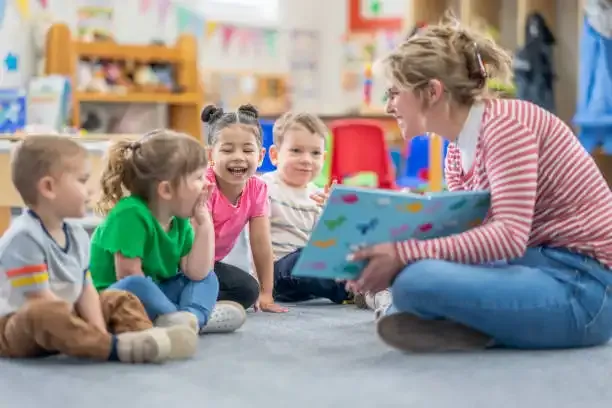Shopping cart
Your cart empty!
Terms of use dolor sit amet consectetur, adipisicing elit. Recusandae provident ullam aperiam quo ad non corrupti sit vel quam repellat ipsa quod sed, repellendus adipisci, ducimus ea modi odio assumenda.
Lorem ipsum dolor sit amet consectetur adipisicing elit. Sequi, cum esse possimus officiis amet ea voluptatibus libero! Dolorum assumenda esse, deserunt ipsum ad iusto! Praesentium error nobis tenetur at, quis nostrum facere excepturi architecto totam.
Lorem ipsum dolor sit amet consectetur adipisicing elit. Inventore, soluta alias eaque modi ipsum sint iusto fugiat vero velit rerum.
Sequi, cum esse possimus officiis amet ea voluptatibus libero! Dolorum assumenda esse, deserunt ipsum ad iusto! Praesentium error nobis tenetur at, quis nostrum facere excepturi architecto totam.
Lorem ipsum dolor sit amet consectetur adipisicing elit. Inventore, soluta alias eaque modi ipsum sint iusto fugiat vero velit rerum.
Dolor sit amet consectetur adipisicing elit. Sequi, cum esse possimus officiis amet ea voluptatibus libero! Dolorum assumenda esse, deserunt ipsum ad iusto! Praesentium error nobis tenetur at, quis nostrum facere excepturi architecto totam.
Lorem ipsum dolor sit amet consectetur adipisicing elit. Inventore, soluta alias eaque modi ipsum sint iusto fugiat vero velit rerum.
Sit amet consectetur adipisicing elit. Sequi, cum esse possimus officiis amet ea voluptatibus libero! Dolorum assumenda esse, deserunt ipsum ad iusto! Praesentium error nobis tenetur at, quis nostrum facere excepturi architecto totam.
Lorem ipsum dolor sit amet consectetur adipisicing elit. Inventore, soluta alias eaque modi ipsum sint iusto fugiat vero velit rerum.
Do you agree to our terms? Sign up

New Delhi, September 27, 2025 – For many Indian families, choosing between preschool and homeschooling is more than a curriculum decision—it’s about shaping creativity, social skills, adaptability, and cultural awareness in the earliest years.
Experts say early learning environments influence how children think, feel, and adapt to the world around them. According to Raj Singhal, Co-founder and CEO of Footprints Preschool & Daycare, families need to weigh factors like peer exposure, teacher expertise, screen time, and cultural diversity when deciding.
Preschools following the HighScope philosophy nurture creativity through routines like Plan-Do-Review, encouraging children to set intentions, act, and reflect. This builds critical thinking and problem-solving skills.
“Homeschooling can nurture creativity if parents have the time, training, and community support,” says Singhal. “But in nuclear families, preschools often provide more consistent, stimulating interactions.”
Preschool is a child’s first real community, where turn-taking, empathy, and emotional regulation are practiced daily. While homeschooling strengthens family bonds, children may miss diverse peer interactions unless families connect with learning communities.
Structured yet flexible routines in preschools teach children to adapt and collaborate, preparing them for real-world group dynamics. Homeschooling, though tailored to a child’s pace, can lack these “mini real-world” experiences without regular peer engagement.
Research warns against unsupervised screen use for children under five. Preschools focus on hands-on exploration, while homeschooling may risk over-reliance on digital devices unless offline activities are planned.
Trained educators scaffold learning, extend thinking, and foster collaboration. Homeschooling succeeds when parents understand developmental stages and invest significant time, but not all families can deliver consistently rich experiences.
Preschools expose children to diverse backgrounds, festivals, and peer interactions, fostering belonging and tolerance. Homeschooling can preserve cultural roots, but exposure may be limited without community engagement.
Both preschool and homeschooling have strengths. Preschools excel in peer learning, structured routines, and professional facilitation, while homeschooling thrives with skilled, time-rich parents. Many families find a hybrid approach effective: preschool for social routines and foundational skills, complemented by parent-led cultural learning at home.
As Raj Singhal concludes, preschools provide “a structured, consistent, and stimulating environment,” helping children develop confidence, empathy, and curiosity—qualities essential in school and life.
9
Published: Sep 27, 2025